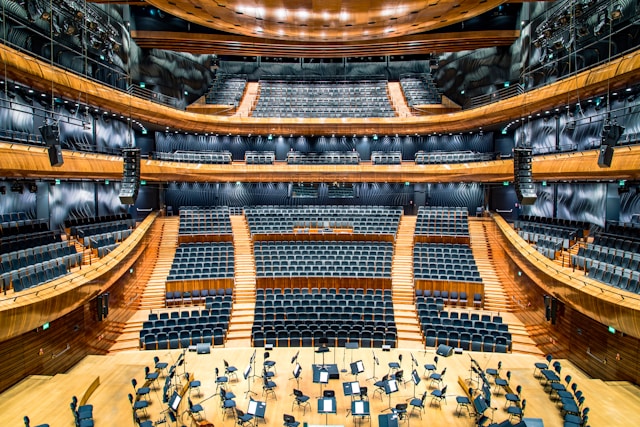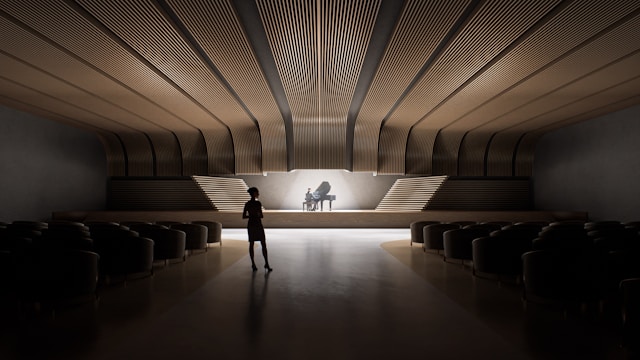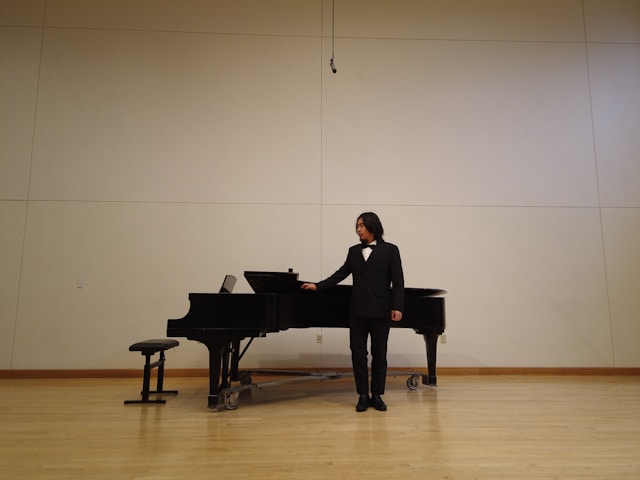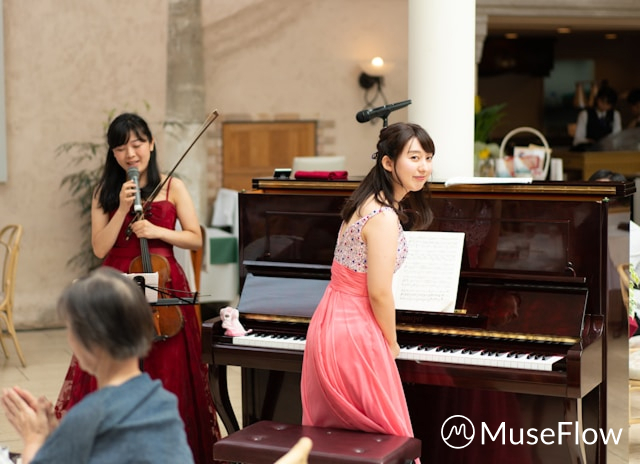How Do I Avoid Getting Bored While Learning Piano?
Getting bored while learning piano is one of the most common reasons students quit before reaching their musical goals. If you've ever found yourself staring at sheet music wondering why practice feels like a chore, you're not alone. The good news? Avoiding getting bored learning piano is entirely possible when you understand what makes learning engaging.
The secret isn't practicing harder. It's practicing more efficiently and effectively with methods that keep your brain actively engaged and motivated.
Why Traditional Piano Learning Breeds Boredom
Let's be honest about why most piano students struggle with boredom. Traditional piano instruction often includes repetitive scales disconnected from real music, delayed feedback that comes only during weekly lessons, passive learning where you're told what to play without understanding why, and no immediate sense of accomplishment when you hit the right notes.
This approach ignores a fundamental truth about human psychology: we stay engaged when we feel curious, challenged, and rewarded. Research shows that curiosity enhances learning and helps learners focus their effort on useful information they don't yet possess. When piano practice lacks these elements, boredom becomes inevitable.
The problem isn't your attention span. The real issue is that traditional methods fail to activate the psychological mechanisms that make learning naturally engaging.
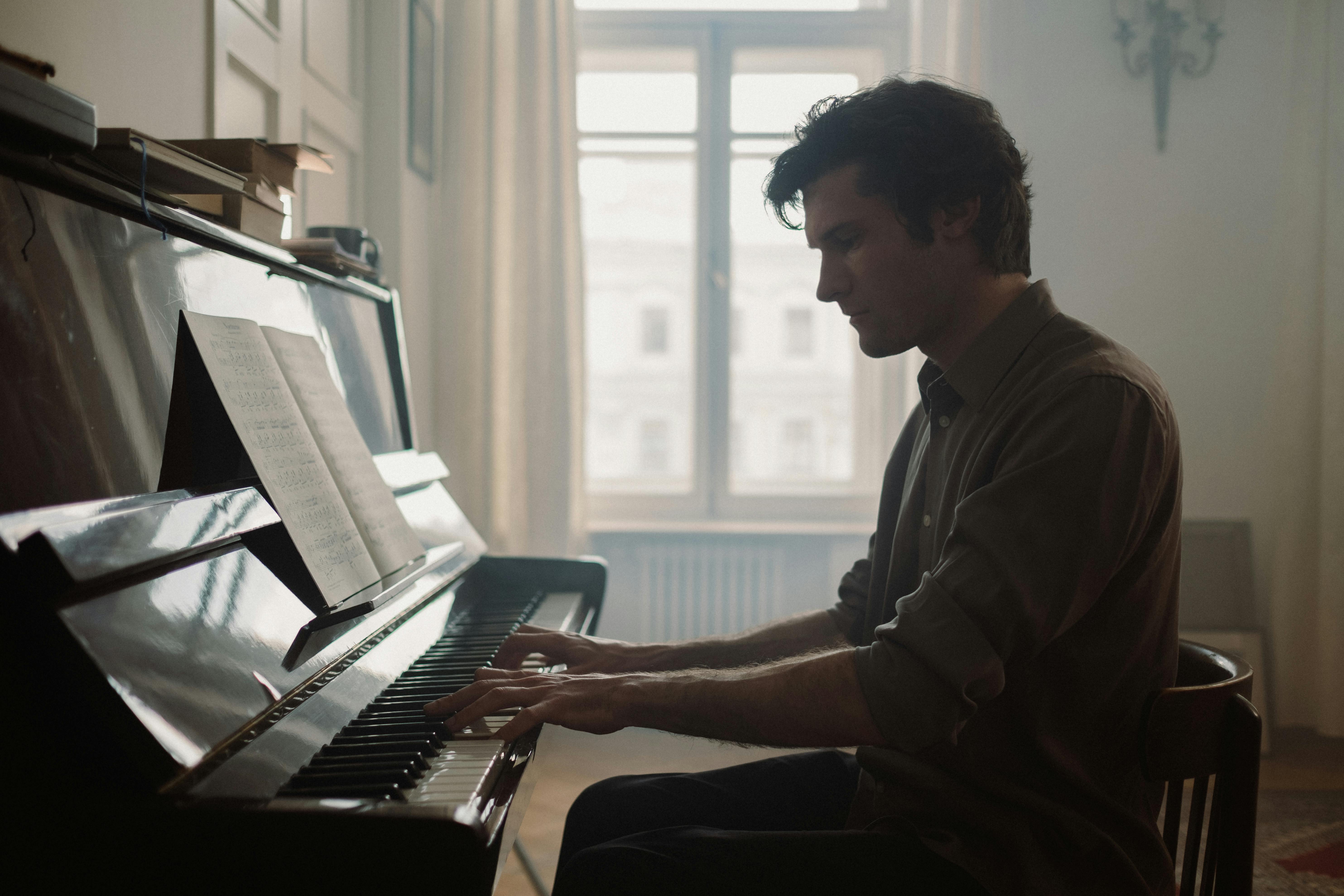
The Science Behind Engaging Learning
Understanding why you're getting bored while playing piano starts with recognizing what your brain needs to stay motivated. Educational research reveals that effective learning requires three key elements: immediate feedback that confirms progress, appropriate challenge levels that aren't too easy or too hard, and clear connection between effort and meaningful results.
Studies on piano education methods emphasize that note-teaching for children should be a visual, auditory and psychomotor process, with musical notes perceived as a graphical structure. This multi-sensory approach prevents the mental fatigue that leads to boredom. This approach also lines out the fundamental building blocks for increased proficiency well into adulthood.
When these elements are missing, your brain literally switches to "autopilot mode," making practice feel mechanical and uninspiring.
How MuseFlow Transforms Boring Practice Into Engaging Experience
MuseFlow revolutionizes piano learning by addressing the root causes of boredom. Instead of fighting against your natural learning psychology, it works with it.
- Real-Time Feedback That Keeps You Engaged. Every note you play gets instant visual and audio confirmation. Hit the right note? You see immediate success indicators. Miss a note? You get gentle guidance without breaking your flow state. This eliminates the frustration of wondering whether you're playing correctly.
- Game-Like Progression That Feels Rewarding. MuseFlow transforms practice into an engaging experience through gamifying your piano practice. Level systems, achievement tracking, and progress visualization make every practice session feel like advancing in your favorite game. The difference is profound: instead of dreading practice, you look forward to your next session.
- Adaptive Challenge That Prevents Boredom. MuseFlow automatically adjusts difficulty to keep you in the optimal learning zone. Too easy becomes boring; too hard becomes frustrating. MuseFlow finds that perfect middle ground where you're challenged but not overwhelmed. That’s called being “in the Flow.”

Practical Strategies to Avoid Getting Bored Learning Piano
Beyond using engaging technology, here are proven methods to maintain interest:
- Set micro-goals like "play the first four measures perfectly three times." Small wins create momentum that prevents boredom. This is one of the fundamental features built into MuseFlow.
- Mix different types of practice between sight reading, technique exercises, and familiar songs. Variety keeps your brain actively engaged.
- Track progress visually through recordings or charts. Seeing tangible advancement combats the feeling that you're not getting anywhere. MuseFlow does this automatically.
- Connect practice to music you love. Emotional connection makes practice feel less like work and more meaningful. You can explore piano songs here.
The MuseFlow Advantage: Learning That Never Gets Old
What makes MuseFlow particularly effective is its approach to game-like lessons that discover your optimal learning path. The platform continuously generates new challenges based on your progress, ensuring you never run out of engaging content.
MuseFlow is designed to help you achieve flow state — that zone where time disappears and learning feels effortless. In flow state, boredom becomes impossible because you're completely absorbed in the challenge. That's why so many of our customers call it the best app to teach piano. It's really a better and more modern way to learn!
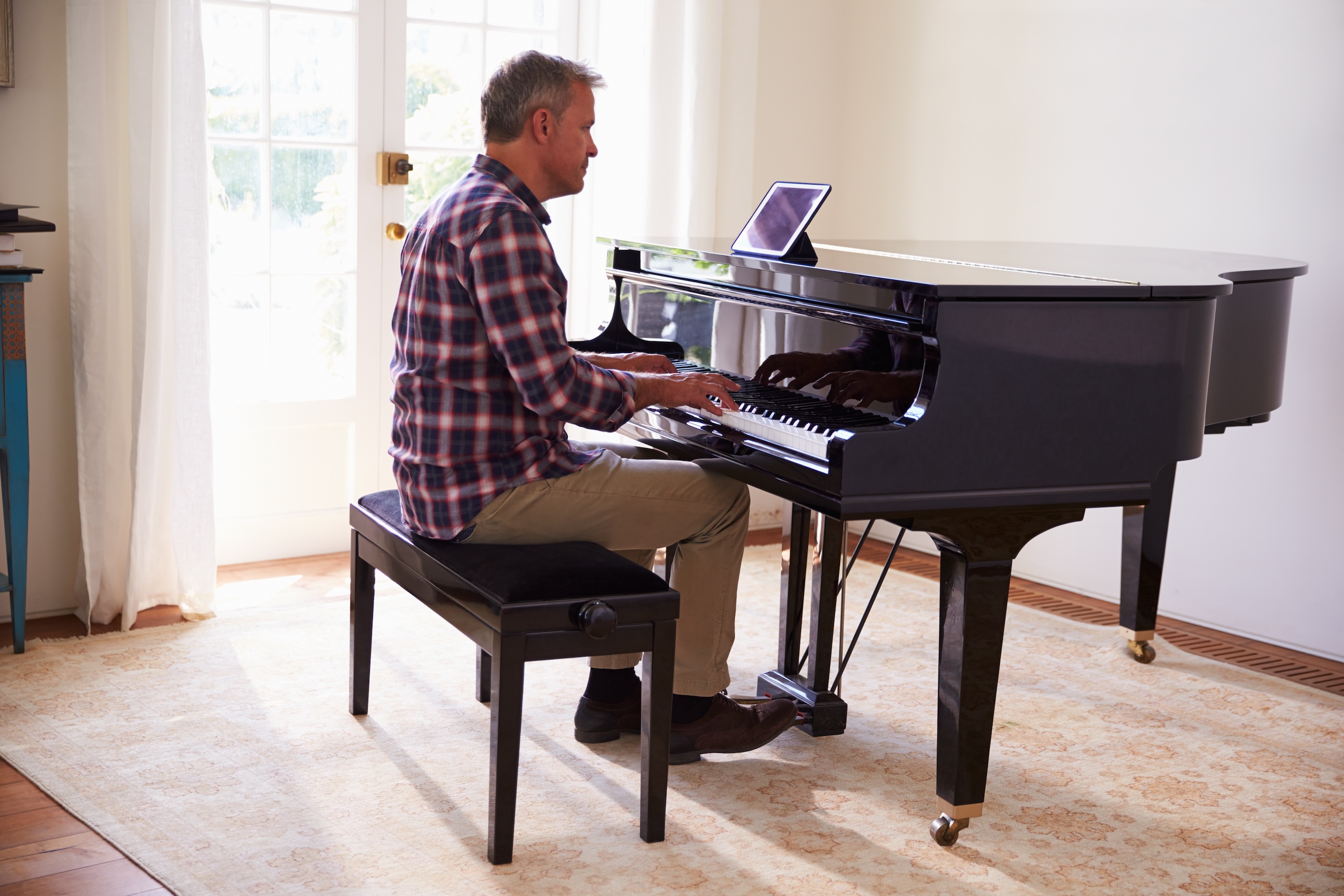
Your Journey from Bored to Inspired
Avoiding getting bored learning piano isn't about forcing yourself to practice more. You can practice using proven techniques that naturally engage your curiosity and reward your progress.
The best way to avoid getting bored while learning piano? Choose methods that make boredom impossible. When every note provides feedback, every session brings progress, and every challenge feels achievable, practice becomes enjoyable.
Ready to transform your piano practice? Your journey toward engaging piano learning starts with understanding that boredom isn't inevitable.

.svg)






